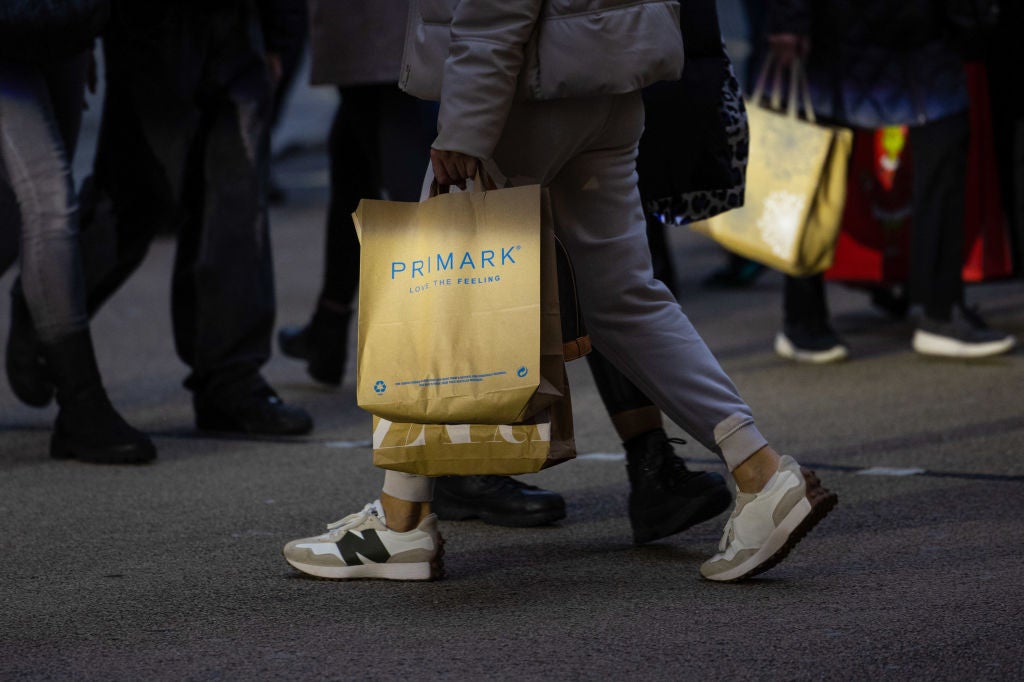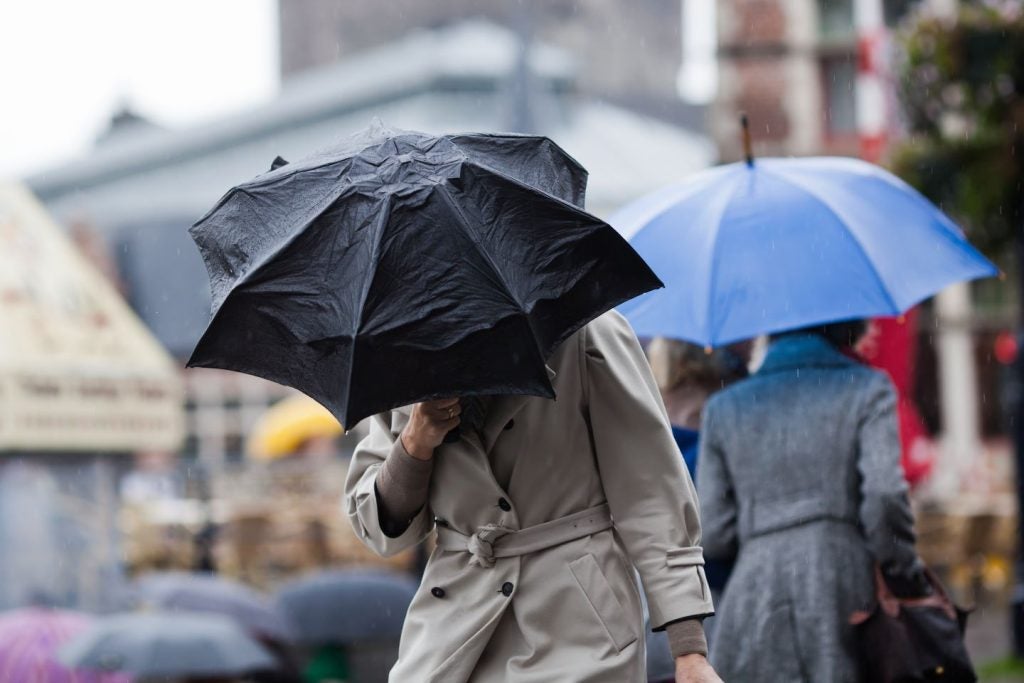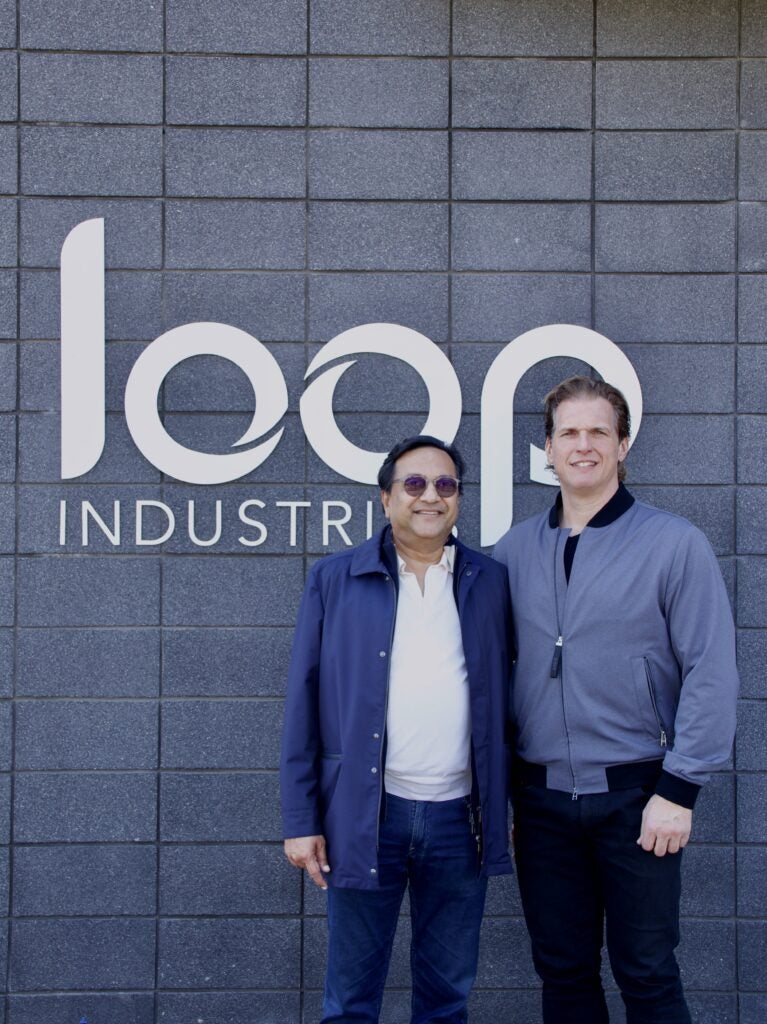It's been a rollercoaster but the EU is finally getting its ducks in a row for issuing every kind of ESG legislation imaginable for all sectors, including fashion.
From the banning of forced labour goods, to ESG reporting and a revised Ecodesign for Sustainable Product Regulation (ESPR) that aims to make sustainable products the norm. Not forgetting the infamous Corporate Sustainability Due Diligence Directive that will require due diligence from all companies selling to EU consumers to prevent adverse human rights and environmental impacts across the entire value chain.
There will be no hiding or placing blame further down the supply chain either once all of these pieces of legislation get under way so the time is now for fashion brands and manufacturers to ensure they are ready to go under the microscope.
As Fair Wear's executive director Alexander Kohnstamm told Just Style, getting approval on all of these pieces of legislation was the easy part — the hard graft starts now.
We'd like to think all fashion brands and their suppliers strive to do what's best for people and planet. Cascale's new CEO Colin Browne, who used to head up US sportswear company Under Armour, attested to this in an exclusive interview with Just Style last week. He also remains confident the apparel sector is ready for the step change, but the key question remains: Will all brands survive what's coming next?
The winners and losers of fashion's ESG revolution
Have you ever heard the saying 'by failing to prepare you are preparing to fail'? It might be cheesy but it holds true when it comes to embracing the upcoming legislation.
We know the EU wants sustainable and ethical firms to succeed so all of these new rules are coming from a good place. It also means now is the time for fashion companies, manufacturers, suppliers and everyone in the supply chain to start working through the legislation together and speaking out about anything that seems unclear or difficult to report.
Being part of the blueprint that will be specific to apparel within all of these pieces of legislation and asking for help before the enforcement dates will not only show that you are trying to do the right thing but it means you can be part of an outcome that will be beneficial for all.
Over the next few years we might see some companies fall at the first hurdle as the pieces of legislation get underway.
But, I'd argue if these fallen companies have always run on unsustainable business models with tiny margins that rely on poverty worker wages and questionable fibre origins and have made zero attempt to change. Isn't it about time they go and make space for all those that are embracing the ESG revolution and want to compete on a more even playing field?
Top stories on Just Style last week...
EU’s swathe of ESG legislation marks turning point for apparel
The multiple pieces of EU ESG legislation targeting global fashion brands and manufacturers sends a strong message that sustainability and social responsibility will become mandates for all.
Fair Wear: Fashion brands, suppliers must up game for CSDDD
In an exclusive interview, Fair Wear Foundation's executive director Alexander Kohnstamm explains how the EU's Corporate Sustainability Due Diligence Directive final approval means the hard work starts now as his organisation will act as a support system for brands that need to prepare for the new rules.
Why UK put Boohoo, H&M in environmental impact hot seat
During a UK parliament evidence session Boohoo said it is moving towards closing the loop on circularity and H&M shared its recent sustainability progress, but it begs the question of why only these two brands were being held to account on their sustainability efforts and whether national level accountability can create lasting change?
How CSDDD will impact apparel industry purchasing practices
Fashion brands and retailers are being warned to double down on implementing responsible purchasing practices to ensure compliance with the EU's new Corporate Sustainability Due Diligence Directive (CSDDD).
Shein declared ‘most successful start-up’ of the decade
According to The Startup Success Index, created by software developers Vention, Singapore-based fast fashion giant Shein is the most successful start-up, beating TikTok owner ByteDance and ChatGPT maker OpenAI.
France fast fashion tax could ‘drastically change’ apparel landscape
France’s proposed levy on fast fashion garments could make targeted players "invisible" and result in an uncompetitive apparel market.
Will Shein’s plan to expand beyond fashion work?
Ultra-fast fashion retailer Shein wants to diversify its offerings from fashion and accessories to more consumer sectors such as home, beauty and toys, but will it succeed?
Can polyester ever be truly sustainable?
Despite the apparel sector's focus on sustainability, recycled polyester still only accounts for 15% of the total polyester textiles used today. What's the solution, asks Gherzi Textile Organization partner Robert P. Antoshak and Grey Matter Concepts SVP of production and sourcing Radhika Shrinivas.














